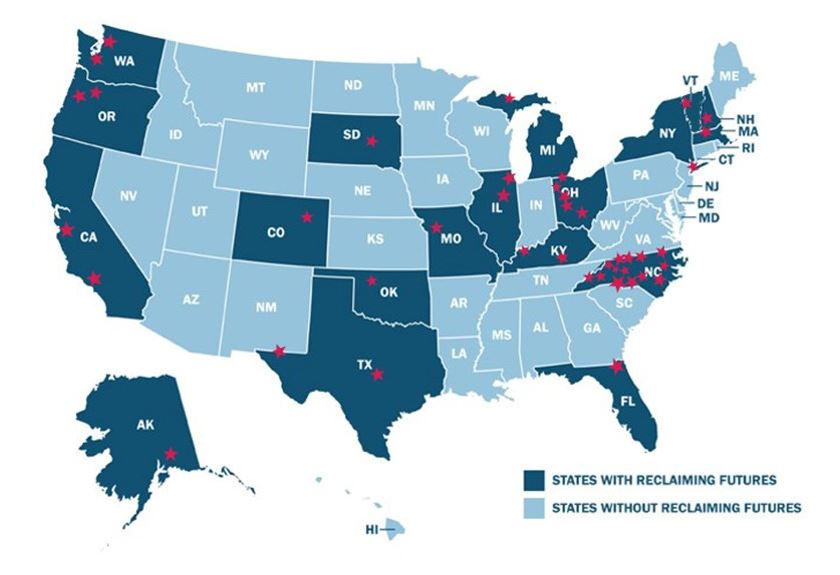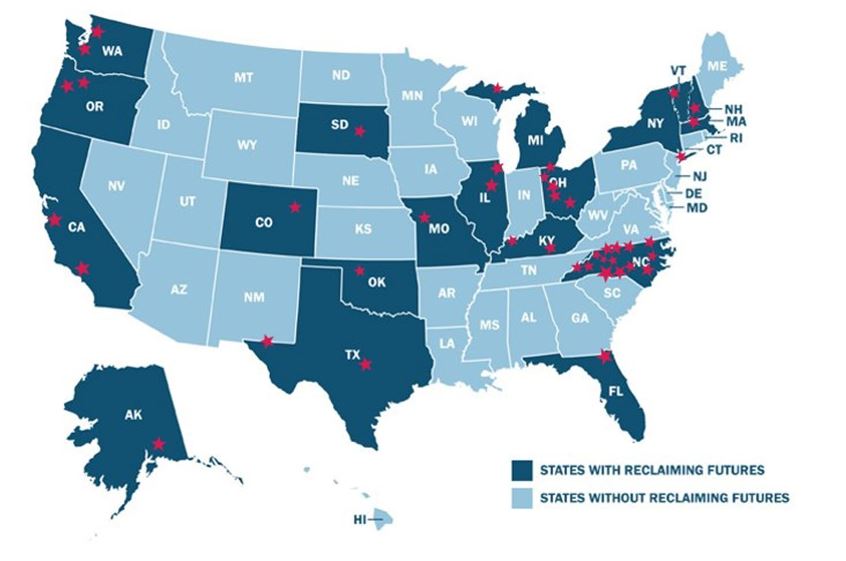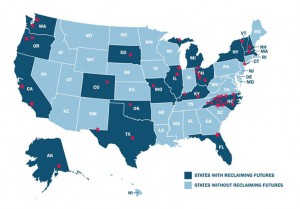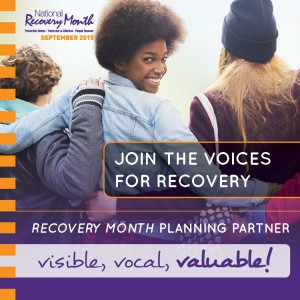The National Program Office (NPO) is very pleased to announce Reclaiming Futures' new rural community collaborative site in NW Ohio. The NW Ohio Reclaiming Futures (NORF) Initiative is a collaboration between Defiance, Henry, and Williams Counties, as well as their regionally shared service providers and community stakeholders. As a new example of a Reclaiming Futures rural community collaborative site (the site model also exists in Kentucky and North Carolina), NW Ohio provides an important example of a site tapping into an innovative state justice reinvestment fund in order to join the Reclaiming Futures initiative.
NW Ohio is Reclaiming Futures' fifth site in the state of Ohio. Evan Elkin, Executive Director of Reclaiming Futures, credits the growing presence of Reclaiming Futures in Ohio to the neighborly and supportive tendencies of Ohioans, which creates a grassroots sharing of information. “They share with their communities and around the state - and word of the positive outcomes the existing sites are seeing is getting around,” explains Elkin.

Defiance, Henry, and Williams Counties of NW Ohio provide an excellent example of Ohio's collaborative and supportive nature, and how this quality of working together and sharing resources particularly benefits rural communities. The three counties joined together to propose the NORF Initiative upon recognizing a need in their communities for more consistency and specifically...







 ndividuals seeking substance use disorder treatment with protections for privacy and confidentiality. It was acknowledged that stigma and fear of potential repercussions (familial, employment; criminal) prevented people from seeking treatment.
ndividuals seeking substance use disorder treatment with protections for privacy and confidentiality. It was acknowledged that stigma and fear of potential repercussions (familial, employment; criminal) prevented people from seeking treatment.


 Every week Reclaiming Futures rounds up the latest news on juvenile justice reform, adolescent substance use treatment, and teen mental health.
Every week Reclaiming Futures rounds up the latest news on juvenile justice reform, adolescent substance use treatment, and teen mental health.  Below you'll find a selection of the latest grants, jobs, webinars and events posted to our Opportunity Board. Please share the
Below you'll find a selection of the latest grants, jobs, webinars and events posted to our Opportunity Board. Please share the 
 Kids and teens are gearing up to head back to school, but more than
Kids and teens are gearing up to head back to school, but more than  The
The